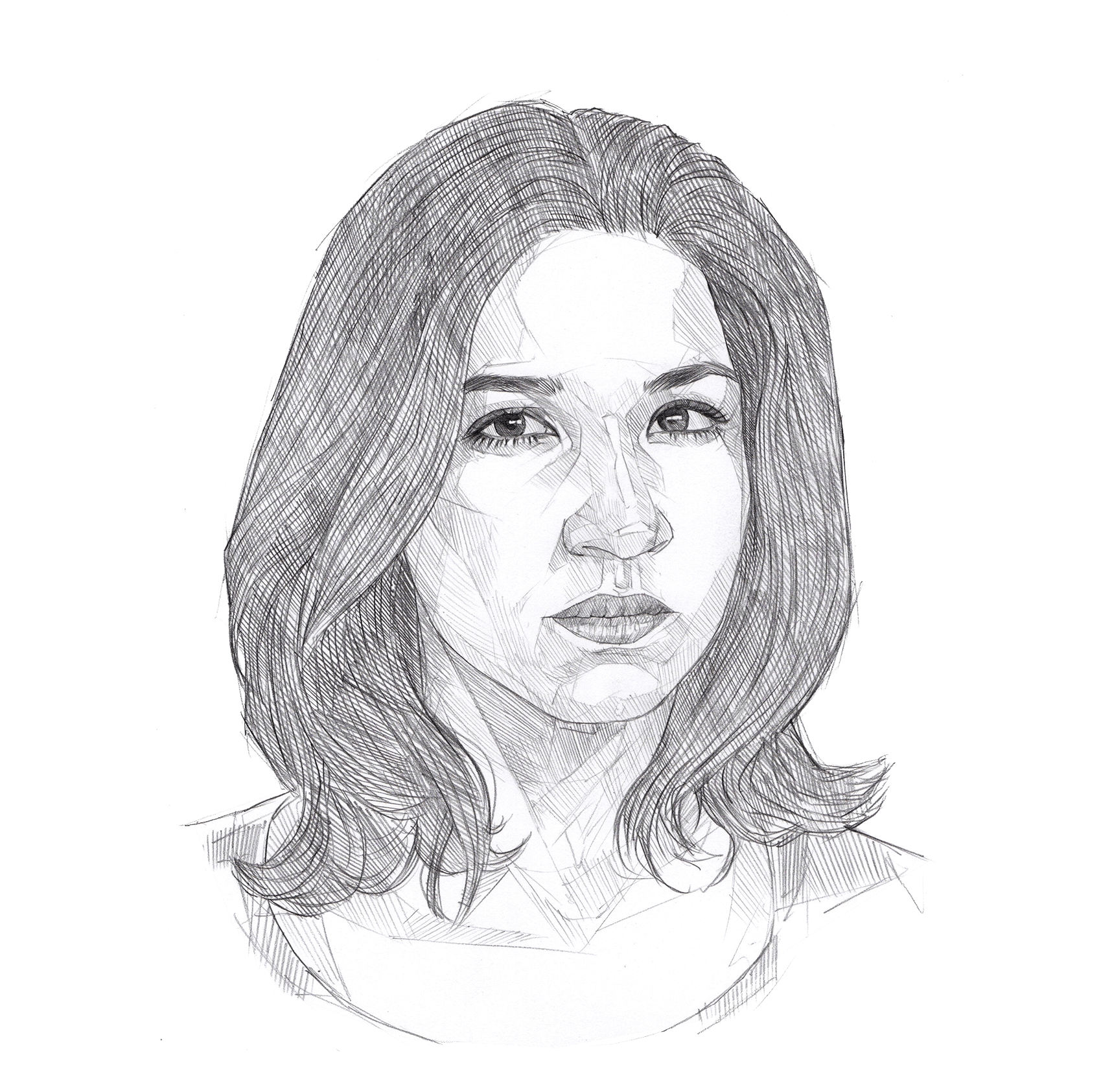Female
I believe that college and university is a place where our boundaries get messy with the whole cultural difference and without the cultural difference, as well. So, I think coming from the Middle East there…
This is not just alcohol. A lot of people tend to think that just because someone’s high versus consuming alcohol, like, their behaviour would not be as violent. They would just be like “It’s ok,”…
I feel like people tend to forget that just because you consent to one thing, does not mean you’re consenting to another. So, asking for consent on every step is really important and a lot…
I think if people that were [unclear] had a plan, or like, they [the university] showed us what steps we could go through, just in general, it would make a lot of people less anxious…
So if you were to file only to the police, does that mean you can’t file to the school, or can you do both at the same time? I was also kind of wondering, let’s…
I was just wondering [unclear], when you mentioned the ongoing consent, I just wanna, to make it clear, I’m not talking about reporting it like a couple of months or years later, but I’m wondering,…
To be honest, I’ve heard a lot of girls telling me about incidents that happened, but I never heard about the policy and I’ve been at SMU for two years and no one has ever…
I feel like the language barrier would be a big thing. Although I understand English, I know a lot of people from the Middle East and around [unclear] with a strong barrier. So, I think…
Our university defines sexual assault as any type of unwanted pressure [unclear] including, you know, from a hug to rape. So my question is do we need different words for different kinds of wrongdoing? Like,…
I think they should provide more information about how to contact the office, and in case you don’t want to face-to-face talk to them. Can I get an email address to send them an email…

